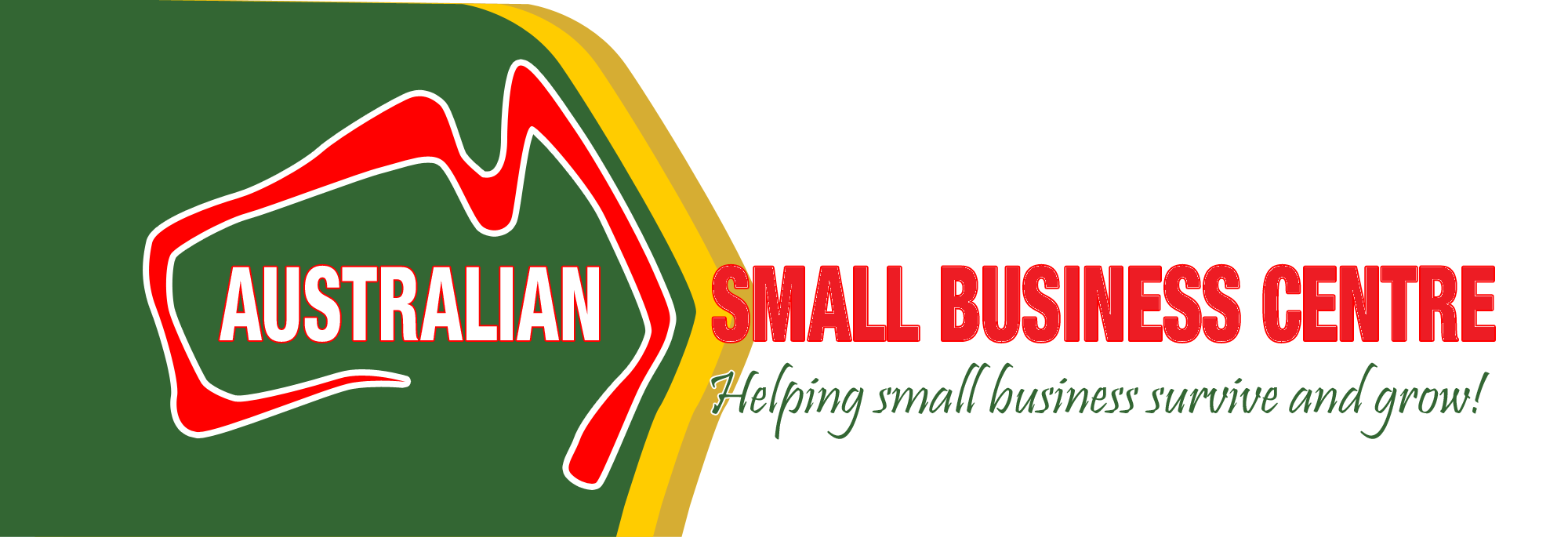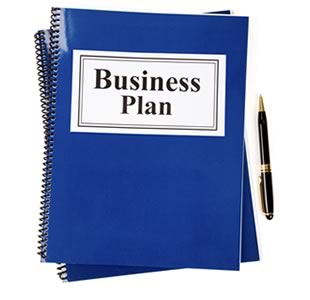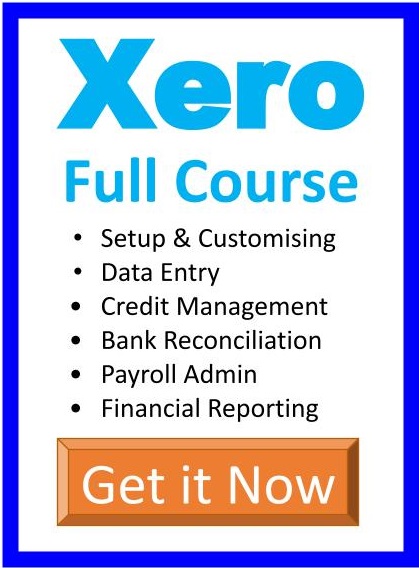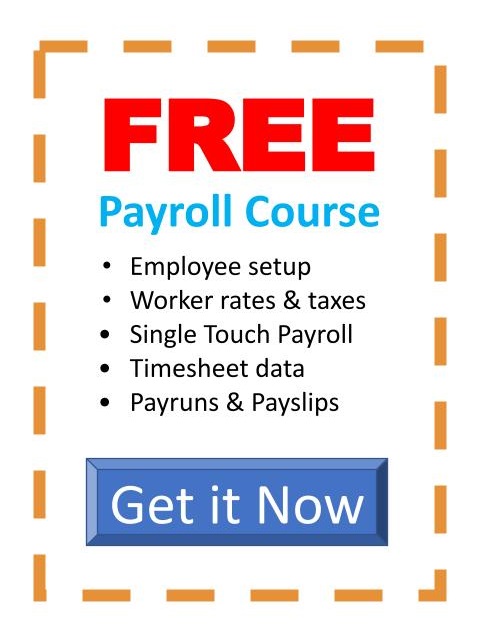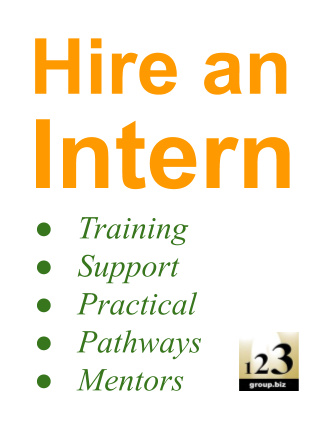Business Plans – Your path to success
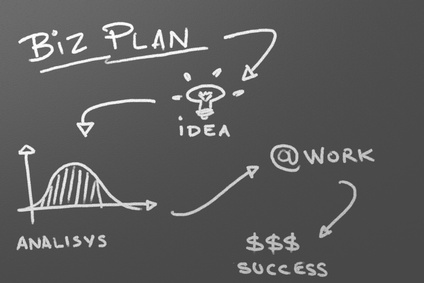 Love them or hate them, every business needs a business plan. They can vary greatly in format and detail, but at the very least will give you targets to aim for and measure your progress against. Before you dive in and spend time developing your plan, consider the following:
Love them or hate them, every business needs a business plan. They can vary greatly in format and detail, but at the very least will give you targets to aim for and measure your progress against. Before you dive in and spend time developing your plan, consider the following:
Who is it for?
Has your bank or accountant or another stakeholder asked for your plan, or are you doing it for your own benefit? This may influence how you present your plan, and the level of detail you go to.
If you are selling your business or looking to raise capital you may need an information memorandum rather than a business plan. This is similar to a plan but is designed to sell an opportunity rather than set goals. For more information on IMs click here.
What stage is your business in?
If you are just starting your business your plan may need a lot of guess work. If your business is established, you’ll likely be building on historical achievements. In both cases it is important that the plan details what you want to achieve (for example a revenue figure) and HOW you expect to get there (for example your marketing strategy). For a start-up business the plan is a way of assessing whether your business idea is viable, and what goals you will need to achieve to operate the business profitably.
 What’s the benefit of a plan?
What’s the benefit of a plan?
No one has a crystal ball, so chances are your business results won’t always reflect what’s in the plan. But having a plan gives you something to aim for, and helps you to monitor performance. If you don’t hit the targets in month one, you can change what you are doing to help you reach the plan for months two and three. The benefit of a plan is the thought process that goes into it, understanding and challenging your business drivers and the affect that even small changes can make to your profit.
How do you write a plan?
There are lots of free templates out there to help you structure and develop your plan. But no two businesses are the same, so you do need to think through the key areas that are specific to your business. That may mean getting some help to understand your key business drivers and how sensitive they are to change.
What goes in a plan?
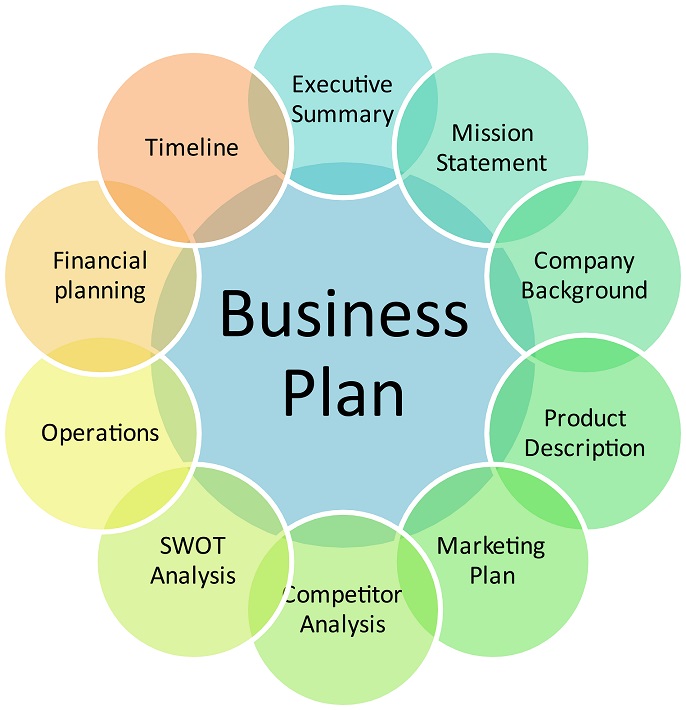 A business plan will vary according to your business and the stage you are in, but typically it will outline the key financial (and non financial) targets for your business. It is usually a combination of numerical data (in excel or your accounting package) and a written document that sets out your targets and, more importantly, how you plan to achieve them.
A business plan will vary according to your business and the stage you are in, but typically it will outline the key financial (and non financial) targets for your business. It is usually a combination of numerical data (in excel or your accounting package) and a written document that sets out your targets and, more importantly, how you plan to achieve them.
You will usually develop a budgeted profit and loss and cash flow for the year, but behind this there may be detailed sales plans, marketing plans, HR plans, cost analysis etc. Some businesses may set monthly targets while others may need targets for each week, day, division or person.
Need help with your plan?
Our Small Business Course can give you the skills and tools you need to write a business plan, but if you prefer to have someone write it for you then Nicola from our Academic Board can help you, she has the skills and experience to craft an accurate business plan that you can use as a roadmap to success.
How much does a business plan cost?
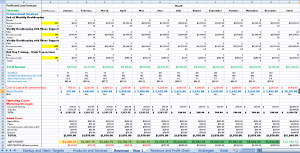 The cost of your bespoke plan will vary according to the complexity of your business, the stage it is in, and the reason you need a plan – for example if you need bank funding or are applying for a grant. When you enrol into our Business Startup Course you’ll receive our Spreadsheet Business Plan included!
The cost of your bespoke plan will vary according to the complexity of your business, the stage it is in, and the reason you need a plan – for example if you need bank funding or are applying for a grant. When you enrol into our Business Startup Course you’ll receive our Spreadsheet Business Plan included!
The Business Plan Spreadsheet is a Microsoft Excel file that is already populated with real live data for someone starting a bookkeeping business and it includes a different sheet for each of the following:
- Startup Costs and Sales Targets
- Product/Service Packages
- Revenue Forecast, including Cost of Goods sold, Gross Profit Margin calculations, operating expenses and more
- Revenue and Profit chart
- Strategies, and
- Goals
 BONUS Microsoft Excel Course
BONUS Microsoft Excel Course
For any calculation work in things like forecasts a spreadsheet program like Microsoft Excel is a must and the fundamental spreadsheet skills will put you in a good place to do your own estimates, assumptions, pricing and forecasts. See the Business Startup Course for more details.
Business Plan Review
If you have developed your plan and want some advice on whether it will hit the mark for an investor or finance provider, a business plan review will give you detailed feedback and recommend improvements.
Testimonial:
Boris Kotevski- Computer Troubleshooters – Sydney.
What is the cheapest way to create a business plan?
The cheapest way is to learn about what goes into a business plan and write it up yourself. If you have difficulty writing, this might prove a little more difficult and you’ll need to get someone else to write it for you. That person could be an employee of your company or a friend or colleague and some students of our course are employees who have been asked to write a business plan for the boss.
Another way to create a business plan for cheap is to find a template of a business plan of a very similar business (or better still a completed business plan that you can copy from), but they are usually hard to find and you’ll need to go through it thoroughly anyway to ensure that it contains all the information that is relevant to your business.
How can we help?
Here is how the Australian Small Business Centre can help you write your business plan:
- Enrol into an online business startup course and write it yourself
- Enrol a staff member into our small business course and have them write it for you
- Engage our Business Plan specialist to write a business plan for you
- Engage a trusted business plan writer that you know and have it reviewed by our expert
Small Business Course Enrolment Business Plan Review
